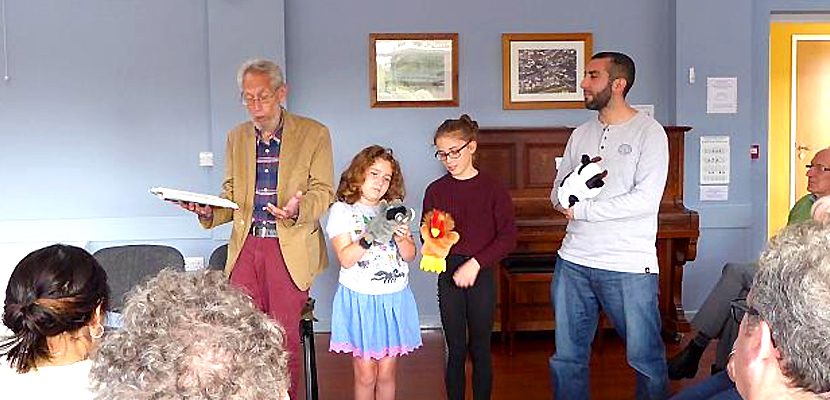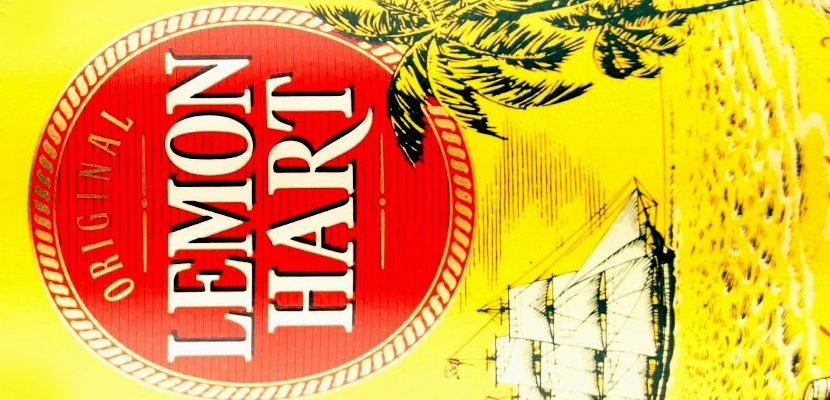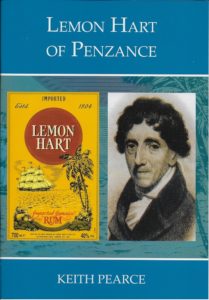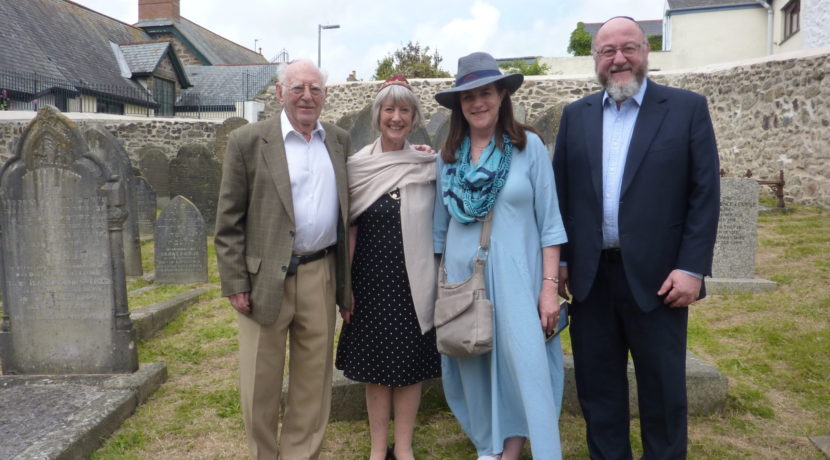With the last two parashot of B’midar, we conclude the first four books of Torah. The second law of Torah (Devarim Mishneh Torah), which we call Devarim and the Latin name, Deuteronomy, which means the same thing, begins the concluding section of Torah. Mishneh Torah means that this final book is a ‘Copy’ of the contract made between God and the Jewish people at Sinai, and is “renewed again,” according to R. Jonathan Sacks, as “the written record of the agreement.” The children of Israel await on the Plains of Moab for the crossing over the Jordan into the Promised Land. The journey from Kadesh-Barnea to the Plains of Moab should have taken 11 days according to God’s original plan; instead it took 38 years which is clearly explained in B’midbar.
And so, the last two Parashot, Mattot-Mas’ei, bring us to and prepare us for this momentous point in time of the religious history of the Jewish people. The books in the Tanakh which follow Devarim, comment on what happened subsequent to the crossing over the Jordan.
The final two Parashot in B’midbar, wrap up the proclamations for the Jewish calendar and secular obligations set down in PInchas which we discussed at the last Shabbat service: the obligation of women who inherit property to marry within their clan, the war against the Midians and the moral obligations upon the victors in dealing with captives, the settlement in the Transjordan, the listing of important place-names to highlight the power of God and His divine intervention at the various places of encampment along the 38-year journey when the children of Israel rose and fell, slipped and redeemed themselves time and time again.
This Shabbat parsha, then, is a dramatic and poignant point in Torah; we have finally arrived to begin to manifest the Divine plan God has laid out for us. Will we slip? Will we fall? Will we be worthy of inheriting the land which God promised us all those generations ago to Abraham? Will we listen to Moses’ final discourses and acquire the spiritual strength to begin the conquering and settlement of Eretz Yisrael? Will we become a ‘nation of priests’? Tune in and listen to Pat this coming Shabbat to find out what our prospects are.
Pat Lipert





